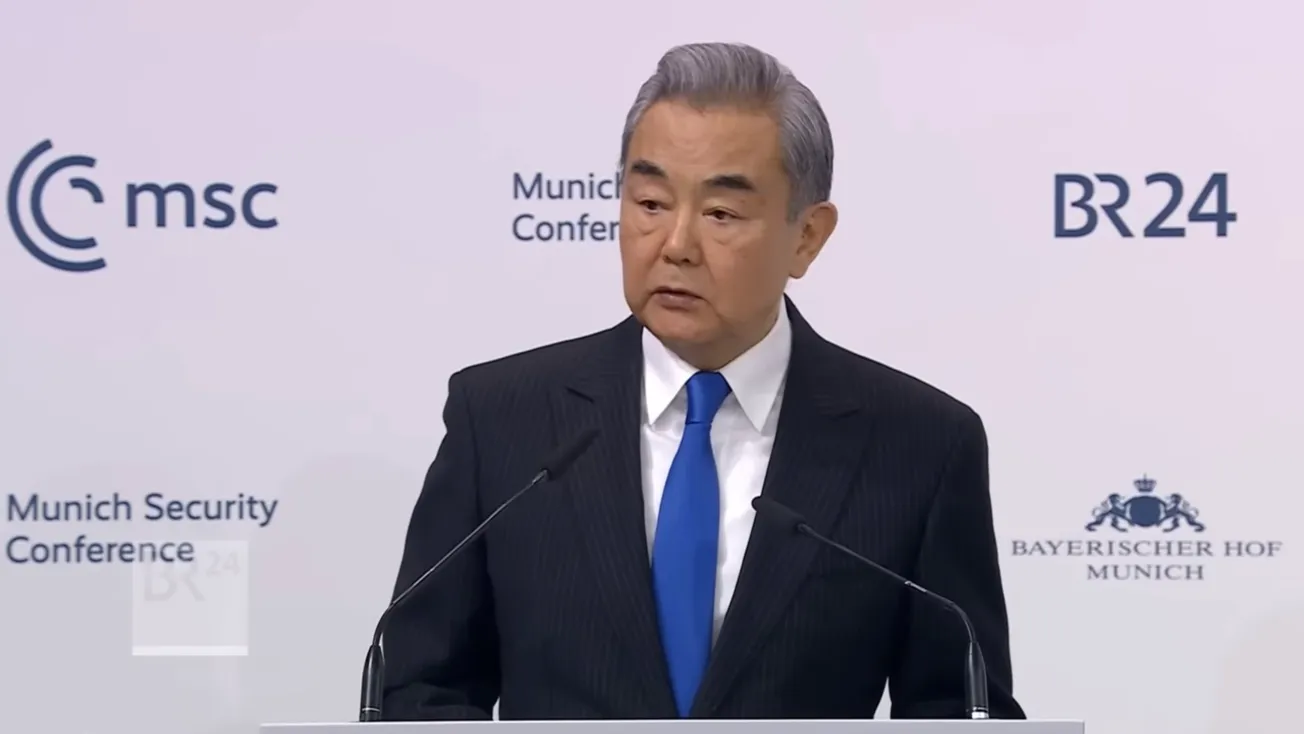National Unity party leader Benny Gantz announced his resignation from the Israeli war cabinet on June 9, making good on an ultimatum he issued on May 18. His party joined the coalition, following October 7, for the sake of the country, even though “we knew it was a bad government.” He has since seen strategic considerations pushed aside for political reasons, he said, reported the Times of Israel. The people of Israel deserve more than “empty promises,” he continued, stating that “true victory” means the return of the hostages, the replacement of Hamas as the governing body in Gaza, and the creation of a regional alliance against Iran. “Unfortunately, Netanyahu prevents us from reaching true victory,” he said.
Gantz called on Prime Minister Benjamin Netanyahu to set a date for new elections. “To ensure a real victory, it is appropriate that in the fall, a year [after] the disaster, we will go to elections that will eventually establish a government that will win the people’s trust and be able to face [Israel’s] challenges,” he said. “I call on Netanyahu: Set an agreed election date. Don’t let our people be torn apart.”
Netanyahu responded by calling on Gantz to remain in the government. “Israel is in an existential war on multiple fronts,” Netanyahu wrote on X, while Gantz was still speaking. “Benny, this is not the time to abandon the campaign—this is the time to join forces.” Netanyahu promised to keep going until victory and the attainment of all the war aims, “primarily the release of hostages and the elimination of Hamas.”
“My door will remain open to any Zionist party willing to shoulder the burden and help attain victory over our enemies, and ensure the safety of our citizens,” he concluded.
The departure of National Unity from the government does not bring it down, as Netanyahu’s coalition still has 64 seats. However, without National Unity, Netanyahu will have to depend on his right-wing partners, Itamar Ben-Gvir and Bezalel Smotrich, to stay in power. According to ToI, Gantz’s entry into the government had diluted Ben-Gvir’s influence by giving the government enough support to maintain a majority, even if his ultranationalist Otzma Yehudit party bolted the coalition. With Gantz’s exit, that coalition calculus changes, once again forcing Netanyahu to rely on Ben-Gvir for his government’s survival.
Ben-Gvir, in effect, said good riddance to Gantz. “We agreed that he would enter the government, and we thought he came to create unity, but in reality, he came to create chaos and promote his political agenda,” Ben-Gvir claimed, according to Hebrew media. “I think their departure is important, and I need to return to being a leading force like I was before Gantz entered the government.”



